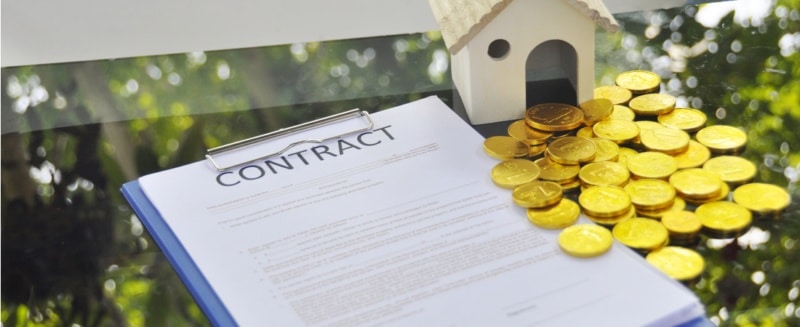On a recent weekend, I visited the Malibu, Calif. area for brunch and a play. The restaurant had a rack of freebie publications, including a glossy homes-for-sale magazine. Wow! The homes and estates stunning—and so are the prices. The advertised monthly rental prices for Malibu homes and estates ranged from $20,000 to $100,000 per month.
Renting out your second home, or even a few rooms in your main home, can be a great source of income, but there are tax implications to consider. Depending on when, how, and how often you rent your home, the tax issues can be simple or extremely complex.
Simple tax issues: Renting for the short term
Interesting tax tip: You can rent out your home for up to 14 days per year and not report any of the rental income at all.
This works no matter who rents your home. For instance, if you live in a city where they film a lot of movies, you can rent your home to a production company for a week or two. During that time, the company can (and will) make alterations, repairs, and improvements to your property to suit its filming needs. Because the company is doing this while it is renting your home and it’s part of the contract, you don’t pick up any taxable income at all—as long as the total rental is limited to 14 days or less.
This is also great for folks with vacation property, such as timeshares, that they rarely use. You still have to pay all the fees, but if you rent out your timeshare for up to 14 days, you can get tax-free money to pay your annual fees—and you can still deduct your mortgage interest and property taxes.
More complex: Renting a room in your home
Having a hard time keeping up with your mortgage payments? Consider renting out a room or two in your home year-round. Report all that rental income, and a proportionate amount of your mortgage and property tax expenses, on Schedule E. For example, if you rent out one-third of the house, move one-third of your expenses from Schedule A to Schedule E.
In addition, you can also deduct the same percentage—one-third, in this example—of your homeowner’s insurance, association dues, gardening, landscaping, utilities, and maintenance. When it comes to utilities, track how much extra you’re spending now that you have tenants. If that increase is higher than the portion of your house you’re renting, keep the proof in your file and deduct that higher amount.
Don’t bother with Internet or cable costs, though, unless there was an additional cost for adding users or rooms.
Remember to take depreciation on the building value of the rented part of the home. Read Chapter 2 of IRS Publication 527 to learn how this works. When you sell the home, you will pay taxes on this depreciation.
Most complex: Nonqualified use
You lived in your home for many years, then moved and rented it out. Now, you’re moving back in for two years to avoid paying taxes on the profits when you sell the home. This could be a problem when it comes to taxes.
Nonqualified use means any period after 2008 where your or your spouse (current or former) used the property as your main home. There are some exceptions to this rule, of course, and you can learn more about them on the IRS’s website.
The period of nonqualified use will reduce your personal residence exclusion (the $250,000 per person that is not taxed when you sell your home). Talk to a tax professional to compute this adjustment before selling your home—you might get lucky. After all, couples are entitled to exclude $500,000 worth of gain, and it’s possible that the nonqualified use computation might not affect you at all.
Eva Rosenberg, EA is the publisher of TaxMama.com ®, where your tax questions are answered. She is the author of several books and ebooks, including Small Business Taxes Made Easy. Eva teaches a tax pro course at IRSExams.com and tax courses you might enjoy at http://www.cpelink.com/teamtaxmama.
[amazon_link asins=’1524763438,0609809954,0609809334,0812925319′ template=’ProductCarousel’ store=’thinkglink-20′ marketplace=’US’ link_id=’7840d8ff-1723-11e8-86c2-5f8538299322′]






